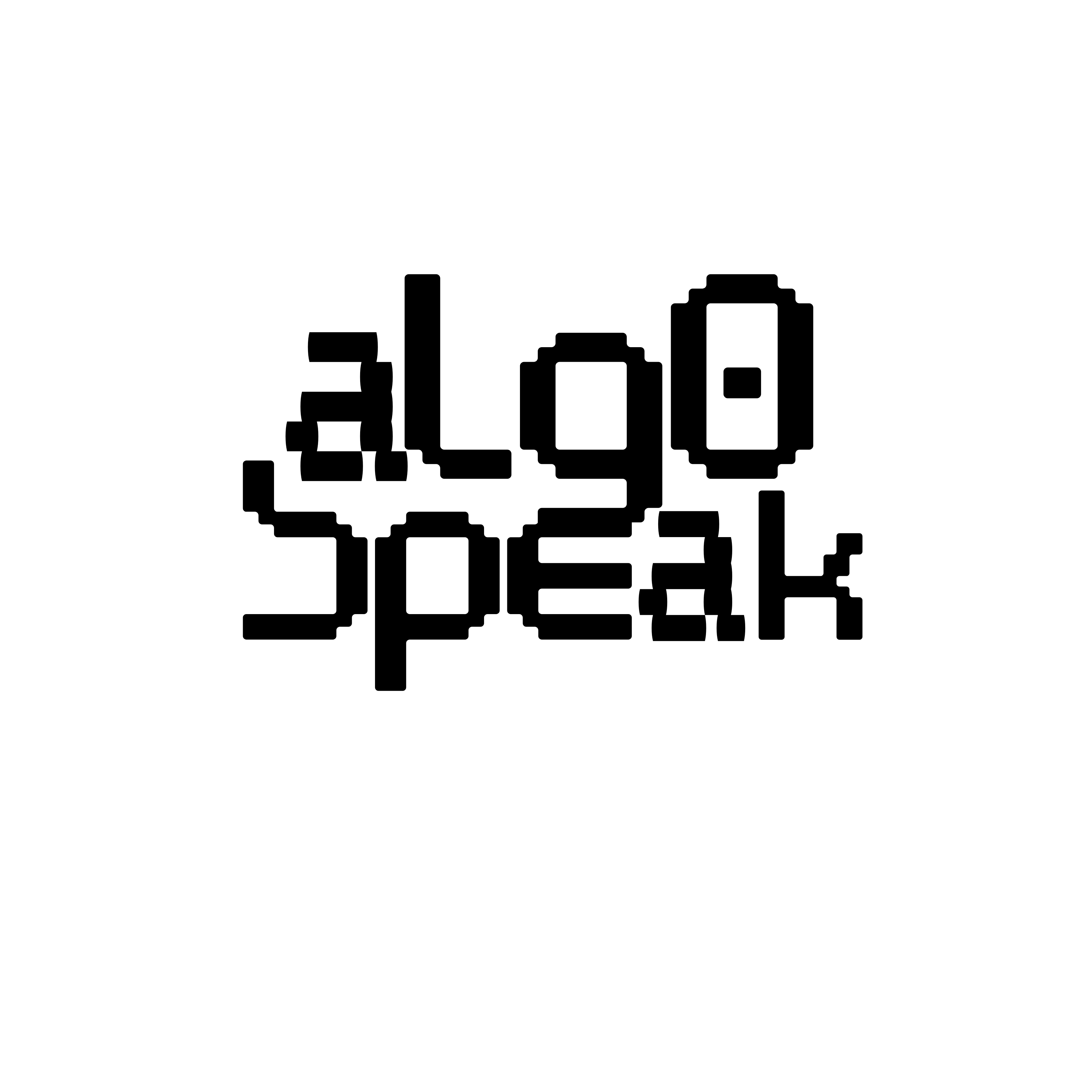What is AlgoSpeak and how does it relate to digital content censorship?
AlgoSpeak, or ‘algorithmic speak’ are words used to circumvent algorithms used to monitor, block, delete, or suppress certain words that can be deemed inappropriate, taboo, sensitive, or vulgar, across many different digital systems. Commonly, this happens on social media platforms like Instagram and TikTok, but it also happens in email service providers, in search engines (like Bing banning the word ‘abortion’), in artificial intelligence image generation systems, in office wifi-networks, and other settings.
For content creators, individuals, and organisations sharing genuine, informative, or educational content, digital censorship or suppression stops genuine information being shared online, repressing access to genuine information. This happens through activities like automated content removal, reduced content reach, shadowbanning accounts, and advertisement restrictions, and is implemented by algorithmic decision making.
To circumvent this, digital creators use coded language and expressions, euphemisms, and linguistic concealment to discuss the topics that platform algorithms are scared of. Using coded or hidden language is not a new concept, with many examples throughout history including ‘Aesopian’ or allegorical language used in Tsarist Russia to avoid censorship in the 19th century, ‘Polari’ used by gay men in Britain in the early 20th century to discuss matters of homosexuality in an intolerant society, and 1980’s ‘Leetspeak’ or ‘I3375pe@k, utilising numbers and symbols to spell out words, originally on bulletin-boards.
In contemporary AlgoSpeak incarnations, content creators today use words like ‘legbooty’ to phonetically share the term ‘LGBTQ’, ‘nip-nops’ to discuss ‘nipples’, or ‘my mascara’ to talk about a (typically male) partner when discussing intimate partner violence - for example “My mascara made me cry”. In response to the need for content creators, educators, social media users, email-senders, and essentially - everyday people across the globe - to use AlgoSpeak when discussing everyday necessities online, we created algospeak.net! We welcome you to browse our crowd-sourced AlgoSpeak dictionary, read about content suppression, and submit your own examples to help build out our database!

